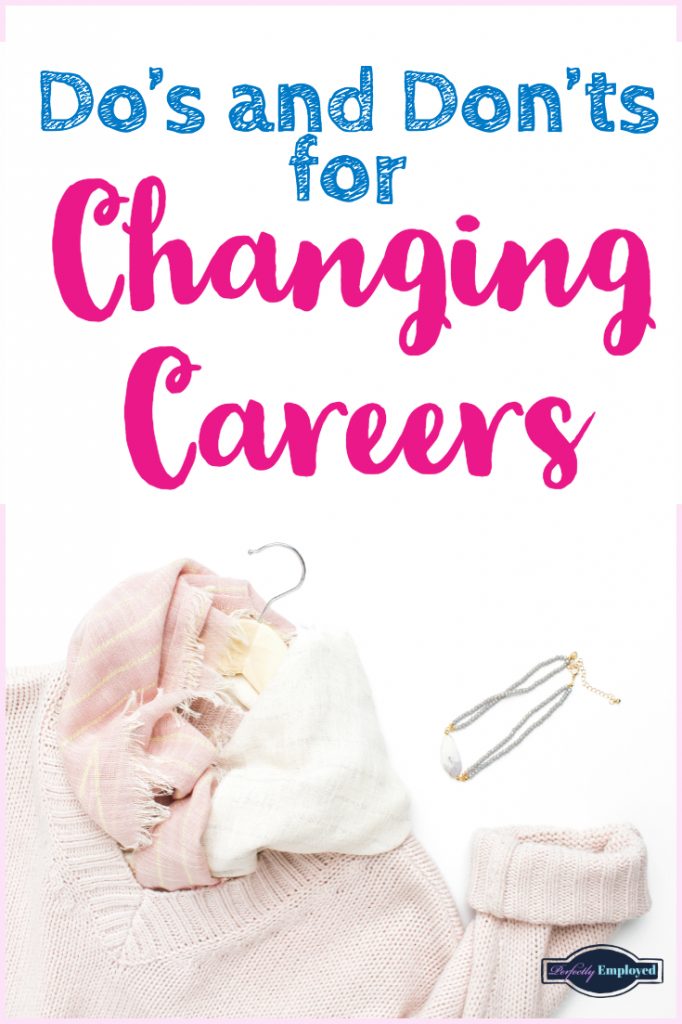
An interest in law is not an uncommon thing. After all, laws are what govern our lives and how we live them. There are laws for everything. They protect us, they make society safer, and they help us to develop. With so much resting on them, it’s no surprise that many of us have at least a vague interest in the law. It’s why courtroom dramas are so popular, and why we’re all addicted to the latest true crime documentaries. The law fascinates us, and we’re keen to learn more.
In some, this interest is more than an idle curiosity. Some of us grow up knowing that we want to be lawyers. We go to college and law school, we study and train for a long time until we pass the bar and we become lawyers. But, it’s not always that simple, unfortunately. Some of us develop an interest in the law in later life, long after college. Some of us would love to work with the law, but have no interest in being a lawyer. For whatever reason, you might find yourself with a love of law but at a loss for related career options that suit your lifestyle and personality.
Fortunately, being a high flying attorney at law isn’t the only option if you long for a career working with the law or in the legal sector. Here are five jobs in law that you may not have considered.
Court Reporter
If you are looking for a career that gets you right into the thick of things, this could be it. Court reporters work to transcribe spoken or recorded speech into written documents. They work in courtrooms, but also with solicitors in meetings, depositions and with video witnesses. Court reporters can also work with different specialities such as medical malpractice, business law and property law.
Legal Secretary
If you have fantastic organizational skills and enjoy research, then a job as a legal secretary could be ideal. Legal secretaries have the usual admin duties like filing, making appointments and scheduling meetings. But they also write up legal documents, research important information for cases and draft motions and subpoenas. Legal secretaries play a crucial role in a busy law office.
Related: Becoming a Paralegal
Journalist
Unfortunately, a lot of our news relates to crime and the law. An interest in and knowledge of the law could make you a fantastic investigative journalist.
Conveyancer
Conveyancers work with property. To buy or sell a house, you need a conveyancer to draft contracts, communicate with the other party, complete surveys and searches and generally keep the process running smoothly. Conveyancers work in a different kind of office, with different people, but still enveloped in law. Depending on the level, a conveyancer may or may not need a law degree.
HR Officer
Working in human relations is challenging. Every day you deal with different people’s needs and requirements. Working for big firms to keep both employers and employees happy, while maintaining the growth of a company and ensuring everyone stays within the law. Knowledge of employment law and business law can be crucial.
Save to Pinterest















